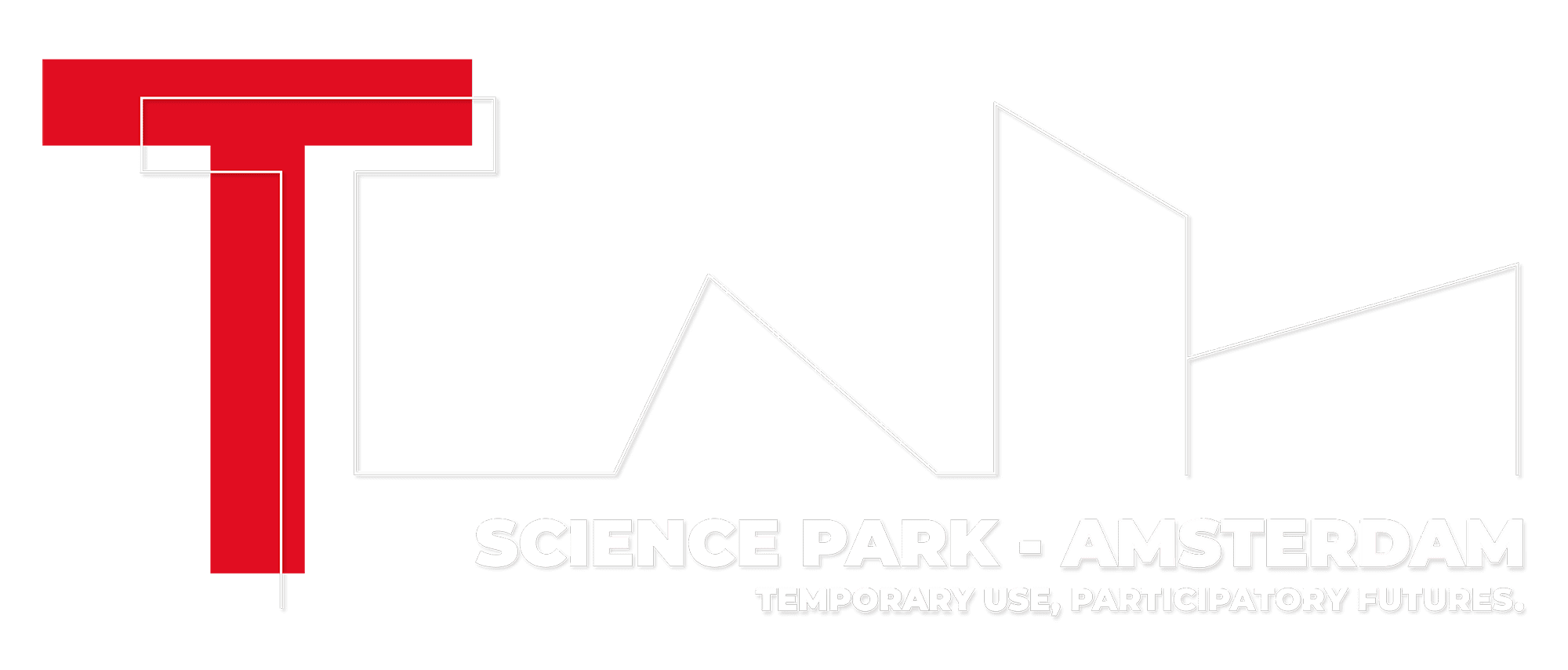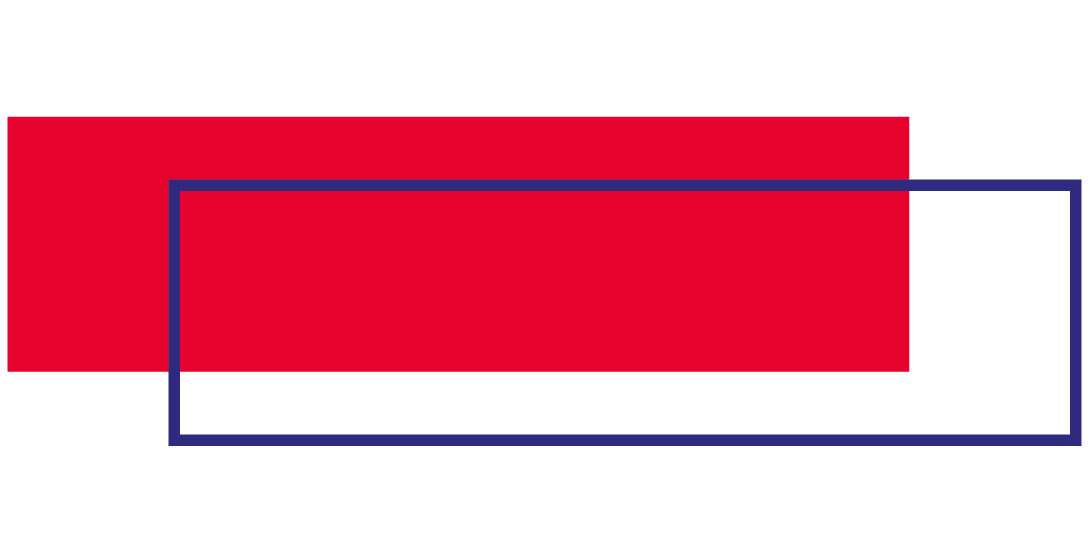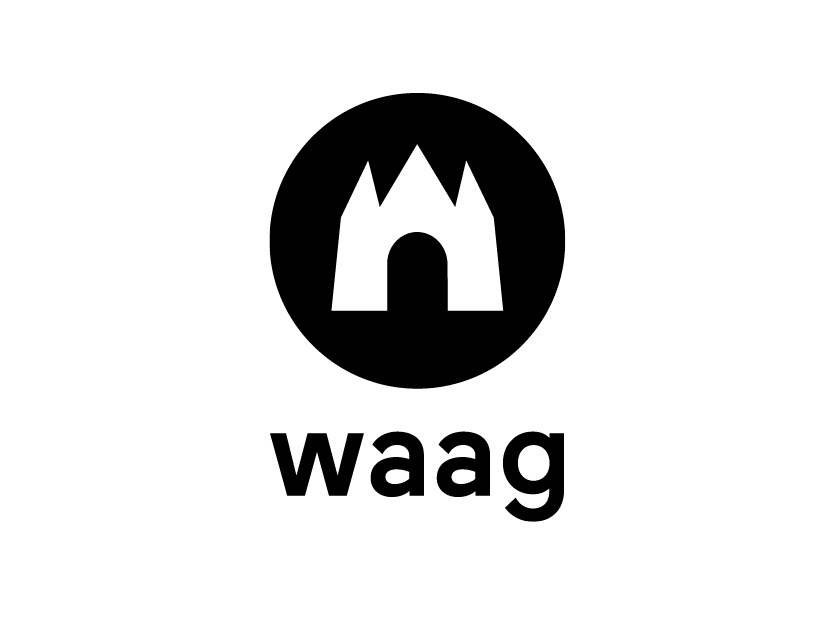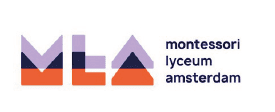

The Amsterdam Science Park (ASP) is already in an advanced development stage, and it is closer to its completion, expected in 2028. The plan was to convert the ASP into a leading international location for high quality education, research and business where ‘curiosity-driven research attracts top talent and acts as a driver of innovation,’
With this goal being greatly achieved, much of the focus has shifted towards creating synergies within the park and between the park and the outside world.
Development vision priorities:
Colouring: A mix of uses that creates an optimal interaction environment
for cross-pollination between scientific research, education, business and the major current issues in society.
Densification: Adding a building programme to initiate the desired ‘colouring’, and to give certain functions ‘critical mass’ so that they can have an even greater national and international impact.
Interweaving: Stronger internal and external relationships through better routes in public space and traffic connections with the city and region.
Sustainability: Showcasing the top position in science with sustainable designs, management and techniques that contribute to the liveability and environmental quality of the campus.





The pilot at ASP will be developed together with local communities within the framework of urban ecology. Following the logic of urban ecology, which rethinks the relations of people and environment within the city, the pilot will add an extra layer to the development of ASP.
It will be structured as a series of thematic expeditions, which explore different aspects of the city as a living place. The expected outcomes are divided into ‘meanwhile uses’ that contribute to a socio-technical (ecological) infrastructure, ranging from ‘prompt’ events, to regular uses including training, incubation and workshops, to ‘stable’ potentially permanent uses such as markets, artist and community spaces.
June → September, 2021
September → December, 2021
January, 2022 → November, 2023
December, 2023 → May, 2024





Waag is a national and European pioneer in the field of digital media. Over the past 25 years, the foundation has developed into an institution of international stature, a platform for artistic research and experimentation, and has become both a catalyst for events and a breeding ground for cultural and social innovation.
www.waag.org





Amsterdam University of Applied Sciences


Amsterdam University College


Anna’s Tuin & Ruigte
A lively permaculture project with a vegetable garden and food forest in the Amsterdam Science Park.
https://annastuinenruigte.nl/


Esmee Geerken
Esmee Geerken is a Dutch artist and scientist, with a main expertise in biomineralization and paleoceanography.


Montessori Lyceum Amsterdam
By using our site you agree to our use of cookies to deliver a better site experience. See our Privacy policy.